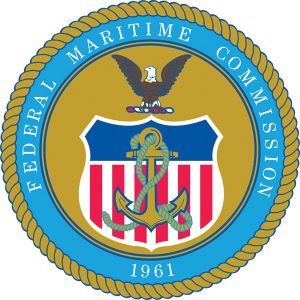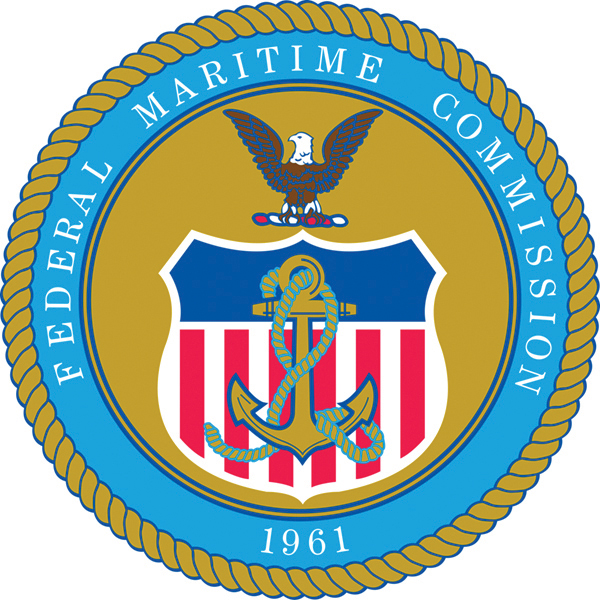
Federal Maritime Commissioner Rebecca Dye at the end of May released a report titled “The Effects of COVID-19 on the U.S. International Ocean Transportation Supply Chain,” which is the culmination of a two-year investigation.
The report, which involved hundreds of Commission stakeholders participating through videoconference meetings, phone conversations, emails and presentations to various groups, was presented, along with 12 recommendations to Dye’s colleagues at the May 18 Federal Maritime Commission.
During the fact finding, importers and exporters highlighted two recurring pandemic-related concerns: the high cost of shipping cargo, and excessive demurrage and detention charges.
“The historically high freight rates experienced recently by U.S. exporters and importers have been devastating to many, but I want to emphasize that the Commission has done its job during the COVID-19 pandemic to enforce our competition authority,” Dye said.
“Our markets are competitive and the high ocean freight rates have been determined by unprecedented consumer demand, primarily in the United States, that overwhelmed the supply of vessel capacity. Congestion further constrained available capacity,” she added.
“I look forward to implementation by the Commission of my final recommendations, which I believe will provide badly needed clarity and consistency in certain port and supply chain operations, especially involving ‘earliest return dates’ and ‘empty container return’,” she remarked.
The 12 recommendations within the fact finding are:
- A new FMC “International Ocean Shipping Supply Chain Program”;
- A rulemaking to provide coherence and clarity on empty container return practices;
- A rulemaking to provide coherence and clarity on earliest return date practices;
- Continued Commission support for the new FMC “Ocean Carrier Compliance Program” including a new requirement for ocean common carriers, seaports, and marine terminals to employ an FMC Compliance Officer;
- An FMC outreach initiative to provide more information to the shipping public about FMC competition enforcement, service contracts, forecasting, and shippers associations, among other topics;
- Enhanced cooperation with the Department of Agriculture regarding container availability and other issues;
- A Commission investigation into practices relating to the numerous charges assessed by ocean common carriers and seaports and marine terminals through tariffs;
- A rulemaking to provide coherence and clarity on merchant haulage and carrier haulage;
- A new “National Seaport, Marine Terminal, and Ocean Carrier Advisory Committee” to work cooperatively with the Commission’s National Shipper Advisory Committee;
- A revival of the Export Rapid Response Team program as agreed by all ocean carrier alliance CEOs;
- An FMC Supply Chain Innovation Teams engagement to discuss blank sailing coordination and information availability; and
- A reinvigorated focus on the extreme supply chain equipment dislocations in Memphis railheads, other rail facilities, and other facilities around the country.
This was the second set of recommendations arising out of the fact finding. In July 2021, Commissioner Dye presented eight interim recommendations, and the Commission implemented all those that didn’t require legislative action.
“Commissioner Dye’s work leading this fact finding investigation has been invaluable in determining ways the FMC can best assist importers and exporters to manage the supply chain challenges linked with the COVID-19 pandemic,” Maritime Commission Chair Daniel Maffei said. “I am eager to work with her and our colleagues to implement the final recommendations which will guide the FMC in keeping big players in the ocean shipping industry accountable.”
The full final report and recommendations are available on the Commission’s website, fmc.gov.

